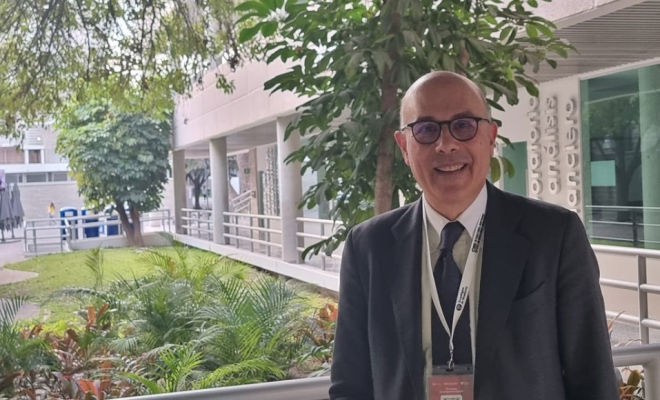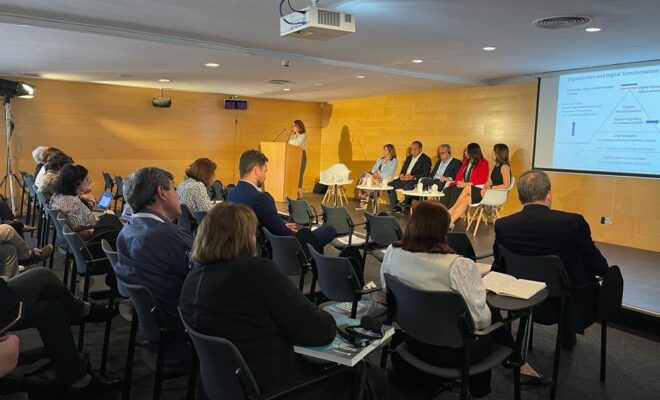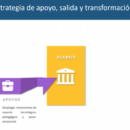Transforming education is a journey we must take together

With the diffusion of personal computing technology and the Internet, that opened the way for the ongoing tech revolution, the educational field has been through intense debates and transformation. Innovations like smartphones and mobile apps, social networks, videocalls and Artificial Intelligence have been putting traditional pedagogy at stake, with a clear acceleration during the COVID-19 pandemics. Yet, critiques and alternatives to the monologue education -where teachers are the knowledge-holders who transmit information to students- have been in place at least since the 60s, by successive generations of educators which include, for example, Paulo Freire, Malcolm Knowles, and Bell Hooks.
Between technological innovation and non-tech forms of innovative teaching and learning, younger generations do not necessarily favor the former. In exploring student’s perceptions on educational innovation from both literature review on recent pedagogical inquiry and inter-generational dialogues hosted within UNESCO’s Young People on Transforming Education Project, UNESCO reveals that more subjective aspects of learning, such as engagement, relationship to teachers and peers, motivation, collaboration, and context-sensitivity, are considered by youths as fundamental aspects of innovative and efficient learning environments.
Education needs a holistic approach. Notions like journey, environment and community enrich the educational vocabulary to reiterate that education is a social, collaborative process. For instance, in the Youth Declaration, presented as young people’s inputs to the Transforming Education Summit (September 2022), mental health and wellness are no less than a priority that must be taken care of within and beyond the classroom, with the inclusion of recreational activities, such as arts and sports, as complementary dimensions of education. Even though curricular content is still one of the main goals of an educational journey, it is not the only factor to measure the quality of education. Youth are also concerned about the role of pedagogical practices in their development as individuals, professionals and citizens.
During the youth panel on innovative learning that took place on the International Day of Education, five youth leaders, representing each UNESCO region, also highlighted that innovation in education is more than technology advancement, since the mere use of a digital tool does not guarantee a transformative learning experience. More than a set of tasks and objectives to be accomplished inside the walls of educational institutions, transformative education was defined as a meaningful integration of curricular content into their lives, through purposeful interactions with teachers and peers.
Although youth leaders recognized the utility of technology for self-initiated and autonomous learning that can happen anytime, anywhere; they also stressed the social character of innovative education, which depends on feedback and exchange with others and on the social applicability of what is learned. Youth leaders insisted that adapting to innovative pedagogies and technological tools cannot be carried out on the sole basis of new teacher-student relationship. Reiterating the Youth Declaration statements on the matter, they called for a multistakeholder partnership and solidarity that span from everyday learning experiences to institutional and policy-level responsibilities.
The message is clear. Everyone has a role to play in this societal journey to transforming education, including you and me. And the journey starts right here, right now! Please join the UNESCO conversation to improve innovative learning by telling us about your own pathways in this collective endeavor.
Authors:
Giulia Ribeiro Barao and Bosen Lily Liu
Please share a personal innovative learning practice or a good practice of innovative learning around you by clicking the buttons below:
Nominate Yourself
Nominate Others
RELATED ITEMS








